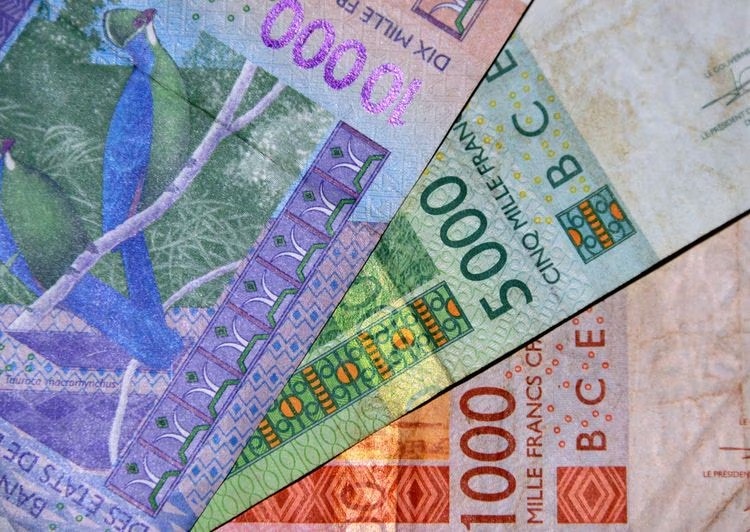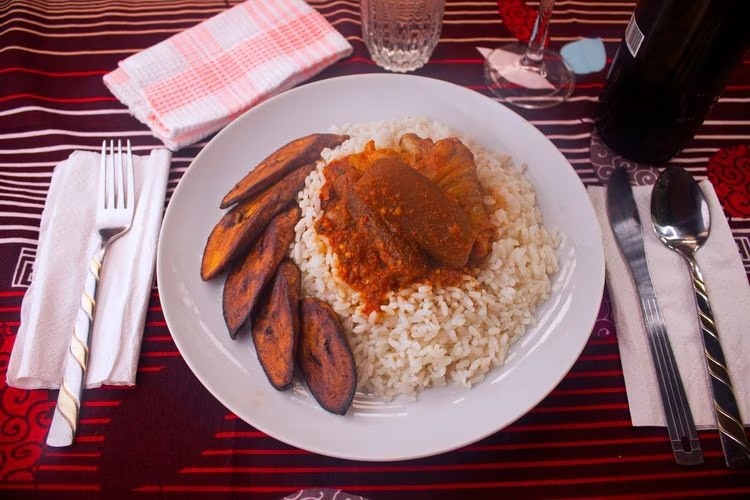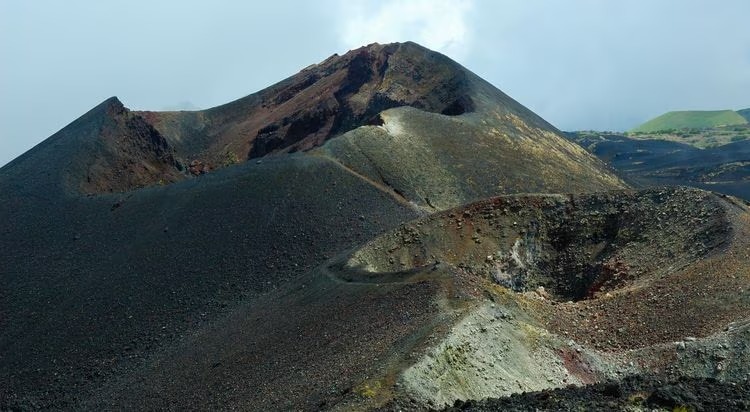Cameroon Travel Tips and Information
Official Name
Republic of Cameroon
Capital
Yaoundé
Population
Country Code
Approximately 29.6 million
CM
Country Code (international calls)
+237
The flight time to Cameroon is approximately 15 hours. Check the climate, currency, religion, manners, other information of Cameroon below. Wishing you pleasant travels to Cameroon.
It is located in Central Africa. It borders Equatorial Guinea and faces the Atlantic Ocean (Gulf of Guinea).
Local Climate / Weather
Cameroon’s climate ranges from tropical in the south to semi-arid in the northern regions. The country experiences two main seasons—the rainy season and the dry season—with temperature and precipitation varying significantly depending on the region. The southern coastal areas, including cities like Douala, are characterized by an equatorial climate with high humidity and significant rainfall, particularly between March and October. Temperatures here typically range from 23°C to 30°C. In contrast, the central and northern regions, such as Garoua and Maroua, experience a semi-arid climate. These areas have a pronounced dry season from November to March, marked by high temperatures reaching up to 40°C, and a shorter rainy season that brings relief from the intense heat. For travelers, the best time to visit Cameroon largely depends on the activities and regions they plan to explore: Dry Season (November to February): This period is ideal for sightseeing, wildlife safaris, and outdoor activities, particularly in northern areas where the weather is warm but more manageable. The dry roads and clear skies make travel easier. Rainy Season (March to October): While the landscape is lush and vibrant during the rainy season, it’s less suitable for travel due to heavy rains and potential flooding, especially in the southern and central areas. However, this season is perfect for travelers interested in experiencing Cameroon’s verdant forests and vibrant natural scenery.
Currency & Tipping
Currency
When planning a trip to Cameroon, it’s essential for travelers to understand the local currency and tipping customs to ensure a smooth travel experience. Cameroon’s official currency is the Central African CFA franc (XAF), which is also used in several neighboring countries. Travelers can easily exchange for CFA francs at authorized currency exchange offices, major banks, and hotels. It’s advisable to carry some cash, especially in smaller towns, as card payments may not be widely accepted outside of major cities.
Tipping
Tipping is generally appreciated but not mandatory in Cameroon. In restaurants, a 5-10% tip on the bill is considered polite, especially if service charges are not included. For hotel staff such as porters or housekeeping, a small gratuity ranging from 500-1,000 CFA francs is a nice gesture. Tour guides and drivers typically receive tips based on the length and quality of service, with around 2,000-5,000 CFA francs being common for a day’s service. Understanding these currency and tipping practices will help travelers navigate Cameroonian customs with confidence, enhancing their overall travel experience.
Useful Travel Information

Voltage & Electrical Outlets
Cameroon uses a standard voltage of 220V with a frequency of 50Hz. The power plugs and sockets are typically of types C and E. Travelers should bring a universal adapter and voltage converter if their devices are not compatible with this standard to avoid any inconvenience.

Internet Connectivity
Cameroon’s internet infrastructure varies, with reliable connectivity in major cities such as Yaoundé and Douala. Popular local carriers include MTN Cameroon, Orange Cameroon, and Nexttel. Travelers can purchase SIM cards from these providers at the airport or in the city to access mobile data packages for seamless browsing and communication. While Wi-Fi is available in hotels and cafes, it is advisable to have a local data plan for more consistent access.
Water for Consumption (Drinking Water)
Tap water in Cameroon is not considered safe for drinking without proper treatment. Travelers should opt for bottled water, which is widely available in shops and restaurants. It is also advisable to check the seal of bottled water for safety. Additionally, using water purification tablets or portable water filters can be a useful precaution for those traveling to rural areas where bottled water may be less accessible.
Culture, Religion & Social Etiquette
Culture
Cameroon is a culturally diverse nation that mirrors the continent's extensive range of traditions and ethnic groups. With over 250 ethnic groups, each boasting its unique customs, the country offers a tapestry of traditions, music, dance, and art. Traditional festivals and ceremonies play a vital role in community life, featuring vibrant performances and traditional attire. Travelers exploring Cameroon will find that cultural practices, such as storytelling and communal celebrations, resonate with a strong sense of family and community.
Religion
Religion in Cameroon is multifaceted, reflecting its diverse population. Approximately 70% of Cameroonians identify as Christians, with Roman Catholicism and various Protestant denominations being the most prominent. Around 20% of the population adheres to Islam, primarily in the northern regions, while the remaining 10% practice indigenous beliefs. The coexistence of different religions is generally marked by tolerance and respect, creating a harmonious environment. Travelers can appreciate the familiar sense of spirituality present in Cameroon's religious life, where religious festivals and observances bring communities together.
Social Etiquette
Manners and social etiquette in Cameroon are rooted in respect and hospitality. When meeting someone, greetings are essential, often accompanied by a handshake and inquiries about well-being. Eye contact and smiles convey warmth and sincerity. It's customary to greet elders first as a sign of respect. Dress codes vary, with conservative attire recommended for formal and public settings, especially in rural areas and during religious visits.
Food Culture
Cameroon's food culture is a vibrant and flavorful fusion that reflects the country's diverse cultural heritage and geographic richness. Travelers will find an array of delicious dishes influenced by various local and colonial traditions, blending African, French, and even Arabic flavors. At the heart of Cameroon's cuisine are ingredients such as plantains, yams, cassava, peanuts, and fresh seafood, often enhanced with aromatic spices and herbs. A journey through Cameroon's culinary landscape offers an introduction to must-try dishes such as Ndolé, a savory stew made from bitter leaves, peanuts, and fish or meat, which is considered a national dish. Another popular dish is Poulet DG, a mouthwatering combination of chicken, plantains, and vegetables seasoned to perfection. For those who enjoy heartier meals, try Achu soup, a traditional dish made with pounded cocoyams and a unique yellow sauce that boasts a tangy, earthy taste. Street food is an integral part of Cameroon's food scene, providing an authentic taste of daily life. Travelers exploring local markets and streets will encounter grilled corn on the cob, spicy brochettes (meat skewers), and puff-puff, which are deep-fried dough balls similar to bicho-bicho. Another must-try is beignets with beans, a beloved street snack that combines sweet, fluffy doughnuts with savory beans for a balanced bite. To experience Cameroon's dining scene at its best, consider visiting recommended local restaurants such as Restaurant Le Quai d’Orsay in Douala, known for its fusion of traditional and modern Cameroonian dishes, or Boukarou Lounge in Yaoundé, where diners can enjoy both local specialties and international cuisine. For travelers looking for a more rustic experience, small eateries, known as ‘maquis,’ serve affordable and hearty meals that showcase home-cooked flavors and local hospitality.
Major Tourist Attractions & UNESCO World Heritage Sites
Major Tourist Attractions
The main tourist attraction in Cameroon is the Cathedral of St. Peter and St. Paul, a place where freedom of religion is recognized, with its own religions, including Christianity and Islam. There are many mosques and statues in the city of Douala. In the eastern part of the country, there is a tropical rainforest where the Baka Pygmy people live as hunter-gatherers.
UNESCO World Heritage Sites
There are two World Heritage Sites in Cameroon: the first is the Djerr Game Reserve. The first is the Djerr Game Reserve, which is a natural heritage site that preserves a precious tropical rainforest. Only the indigenous Pygmy people are allowed to live in this area, and they are hunters and gatherers. Animals inhabiting the area include leopards, wild boars, buffaloes, monkeys, hornbills, and even the robin bird. The second is the Congo Basin Nature Reserve, which spans three countries in the Sanga River Basin. It consists of Lobéké National Park (Cameroon), Nouabalé-Ndoki National Park (Republic of Congo), and Zanga-Ndoki National Park (Central Africa), where natural habitats for plants and animals are maintained and preserved. The Nile crocodile is a well-known inhabitant, and large mammals also live here, many of which are listed as endangered species.
Travel FAQs
Which airport is most popular when flying to Cameroon?
The most popular airport is Douala International Airport, located in Douala, the largest city in Cameroon.
Can you communicate in English in Cameroon?
English is widely used in many areas due to the country’s history as a former British territory.
What is the security situation in Cameroon, and what should travelers be aware of?
Cameroon has faced periods of instability, so maintaining awareness and caution is advised. The overall risk isn’t exceptionally high, but it’s important to stay informed. In the northern region, there are frequent terrorist incidents involving extremist groups, and evacuation advisories have been in place for a long time.
What is the best time of year to visit Cameroon?
The dry season, which runs from December to February, is the ideal time to visit. It’s important to note that the rainy season varies depending on the region.




